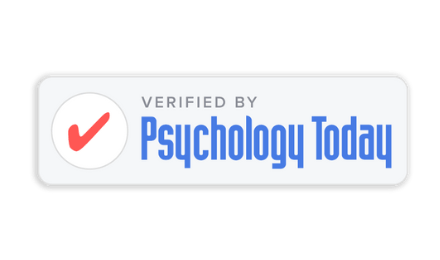Panic attacks and anxiety involve intense fear or dread, accompanied by physical symptoms such as a fast heartbeat, shallow breathing, and a sense of distress. Panic attacks are usually more intense and can come on suddenly, without warning, while anxiety is usually triggered by something the person perceives as a threat.
The two types of episodes, while they may seem similar, are actually quite distinct. Anxiety is ongoing and can last for days or weeks, while panic attacks are intense and usually only last for a few minutes. Anxiety often stems from psychological issues, such as mental health conditions, while panic attacks are usually related to panic disorder. Furthermore, the symptoms of anxiety can be more varied and subtle, while the symptoms of a panic attack are usually more pronounced and intense.
Basic Differences
Panic attacks and anxiety have a lot of overlapping symptoms, making it hard to tell them apart. However, there is a way to tell their basic differences.
Panic attacks can come on suddenly and without warning. Symptoms usually appear abruptly, creating a feeling of distress and detachment. These signs usually last for a few minutes before dissipating. Anxiety is a reaction to feeling stressed or threatened. The feeling of anxiety can increase gradually over time. The intensity of the symptoms can range from mild to extreme, and the symptoms can last for a prolonged period.
Symptoms of a Panic Attack
Panic attacks can be very distressing, causing physical and emotional symptoms. These symptoms can include increased heart rate, chest pain, dizziness or faintness, hot flashes or chills, nausea, tingling in the hands and feet, shaking, shortness of breath, stomach pain, and sweating.
People affected by panic attacks may feel like they are losing control, experience a fear of death, feel detached from their own emotions or environment, and the attack typically lasts for around five to 20 minutes.
After a panic attack, a person may feel overwhelmed and drained. They may experience a sense of dread and unease that could last for the rest of the day. They may also be left feeling anxious and worried about future attacks.
Symptoms of Anxiety
Anxiety can build up slowly over time, leading to worrying thoughts and feelings of unease. It can manifest in physical symptoms such as increased heart rate, rapid breathing, trembling, sweating, and difficulty concentrating. Eventually, these can lead to a panic attack, where a person experiences sudden, intense fear and discomfort.
Anxiety can be an enduring experience, causing its effects to linger for days, weeks, or even months. These symptoms can be more long-lasting than those of a panic attack. Anxiety attacks are not a medical diagnosis, but they can be a symptom of generalized anxiety disorder characterized by nervousness, irritability, sleep disturbances, and a sense of impending danger.
What Causes Panic and Anxiety Attacks?
The precise sources of anxiety and panic attacks are not always known. They are thought to arise from genetic, medical, and environmental factors. Individuals may experience episodes of panic or anxiousness in response to both foreseeable and unforeseeable dangers. These threats may be imagined or actual.
Various challenging situations, including the misuse of substances, ongoing health issues, and medication side effects, can bring on anxiety or panic. Exposure to traumatic reminders, irrational fear of certain objects or scenarios, or relying too much on stimulants like caffeine can also bring such feelings.
Conclusion
It is important to understand the differences between anxiety and panic attacks to diagnose and treat the condition properly. Anxiety is more of a long-term issue and is often characterized by persistent fear and worry. Panic attacks, on the other hand, are more intense and sudden, typically lasting no more than a few minutes. Anxiety can lead to panic attacks, but they are not the same condition. Understanding the differences between the two can help individuals get the proper diagnosis and treatment they need.
West End Counselling Centre provides in-person and online counselling for anxiety, relationships, depression, self-esteem, trauma, family and more. Our team believes in transparency, honesty, and building trust to guide you through in a way that allows you to be seen and cared for. If you want to get ,anxiety counselling in Vancouver, we can help. Book a consultation with us today.








